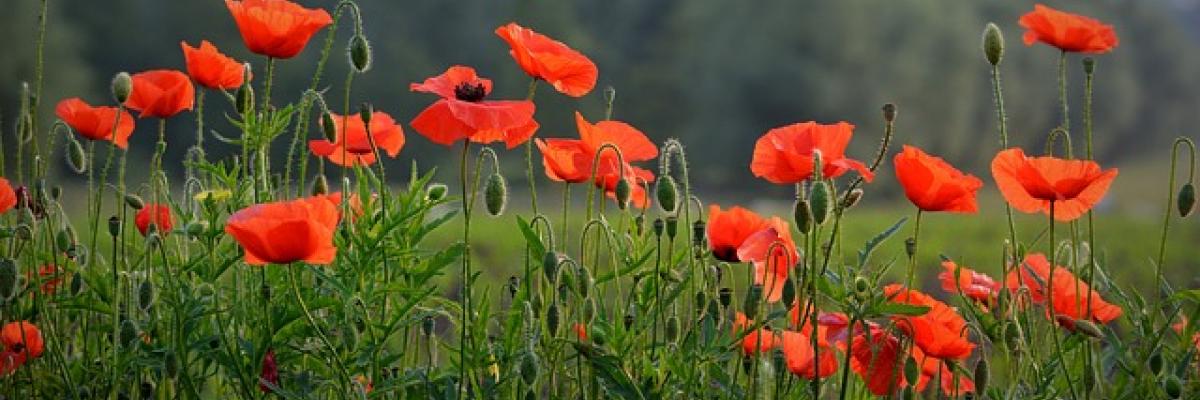100 years later, veterans still turn to CNIB
Meet Yvonne
Radio operator Yvonne Hamon sent Morse code signals during WWII to fool the enemy into thinking Canada had more warplanes in the air than it did.
Now, the 97-year-old veteran is sending emails to her son – despite losing her sight.
Hamon turned to Vision Loss Rehabilitation Ontario, a CNIB organization, in Kingston when her eyesight started failing her.
She received low vision, independent living and assistive technology services. Hamon also discovered a new world of cutting-edge products, including a video magnifier and a computer screen reader that has made living with sight loss easier.
“CNIB has enabled me to send emails to connect with my son who lives in Dartmouth, and it is wonderful. I would recommend CNIB to anyone who is looking to make the most of their remaining sight,” says Hamon.
The CNIB Foundation has a long-standing relationship with the men and women of Canada’s military.
Kingston’s Edwin A. Baker (1893-1968), affectionately known as "The Colonel,” was one of CNIB's founders. Born on a farm, he grew up where his United Empire Loyalist forefathers had settled. He obtained his Bachelor of Science Degree as an electrical engineer in 1914, just in time to enlist with the Sixth Field Company, Canadian Engineers, and serve in WWI. He had a bright future ahead before his wartime service changed his life’s path.
“I found myself with my head and shoulders above the top of the trench. A German star-shell lit up the desolate landscape...I remember wondering if there was any possible chance of the enemy being able to see us. I think the last thing I saw was that bright, floating star shell for, as I watched, a bullet smashed through the bridge of my nose and left me to the mercy of the darkness and my friends," said Baker.
Baker lost his vision in both eyes and returned to Canada in 1916 after undergoing rehabilitation at St. Dunstan’s in England.
When CNIB was formally incorporated on March 30, 1918, there were very few supports or rehabilitation programs available to Canadians who were blind or partially sighted. Two defining moments in Canada’s history – the Halifax Explosion and WWI, both of which caused many Canadians to lose their sight – only served to underscore the growing need for an organization that could offer a better way forward. From a staff of three and a handful of volunteers, Baker built the organization to include more than 50 offices from coast to coast.
"Canada was built on the dreams and ambitions of veterans like Mr. Baker and Ms. Hamon," says Duane Morgan, Executive Director, CNIB Foundation Ontario East. "Ahead of this Remembrance Day, we pause to thank them for their service and sacrifice. Lest we forget."
